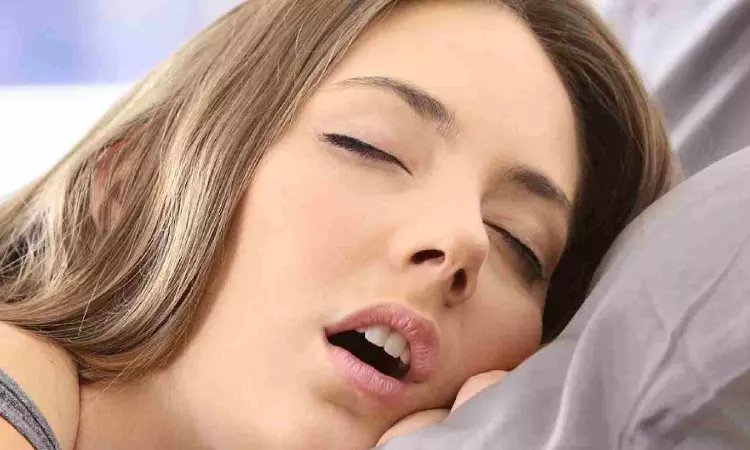DT Health: Excessive drooling cause of concern
However, during sleep, the conscious control over swallowing diminishes, resulting in relaxed oral and facial muscles. This relaxation can lead to a decreased ability to manage saliva, resulting in drooling.

Representative Image
CHENNAI: Drooling, the unintentional release of saliva from the mouth during sleep, is a common occurrence that affects a significant number of individuals. While occasional drooling may be considered normal, persistent or excessive drooling during sleep can raise concerns regarding an underlying medical condition.
Experts say that drooling is primarily attributed to a disruption in the normal control of saliva production and swallowing. Under normal circumstances, saliva is produced continuously to maintain oral health and facilitate the process of digestion.
However, during sleep, the conscious control over swallowing diminishes, resulting in relaxed oral and facial muscles. This relaxation can lead to a decreased ability to manage saliva, resulting in drooling.
Dr Sundhari V, Otorhinolaryngologist Consultant at Apollo Spectra Hospital says that the position in which an individual sleep can influence drooling.
Open-mouth breathing can promote drooling as the saliva production exceeds the capacity to swallow while breathing through the mouth. Certain medications can cause relaxation of the oral and facial muscles, leading to drooling during sleep.
Allergic rhinitis, sinusitis, or nasal congestion can force individuals to breathe through their mouths during sleep.
This alteration in breathing patterns can contribute to drooling. She said that in some cases, persistent drooling during sleep can be associated with neurological conditions. These conditions can impair the coordination required for effective swallowing.
Dr Sundhari adds that medical evaluation will help determine the underlying cause of the drooling and guide appropriate treatment options.



